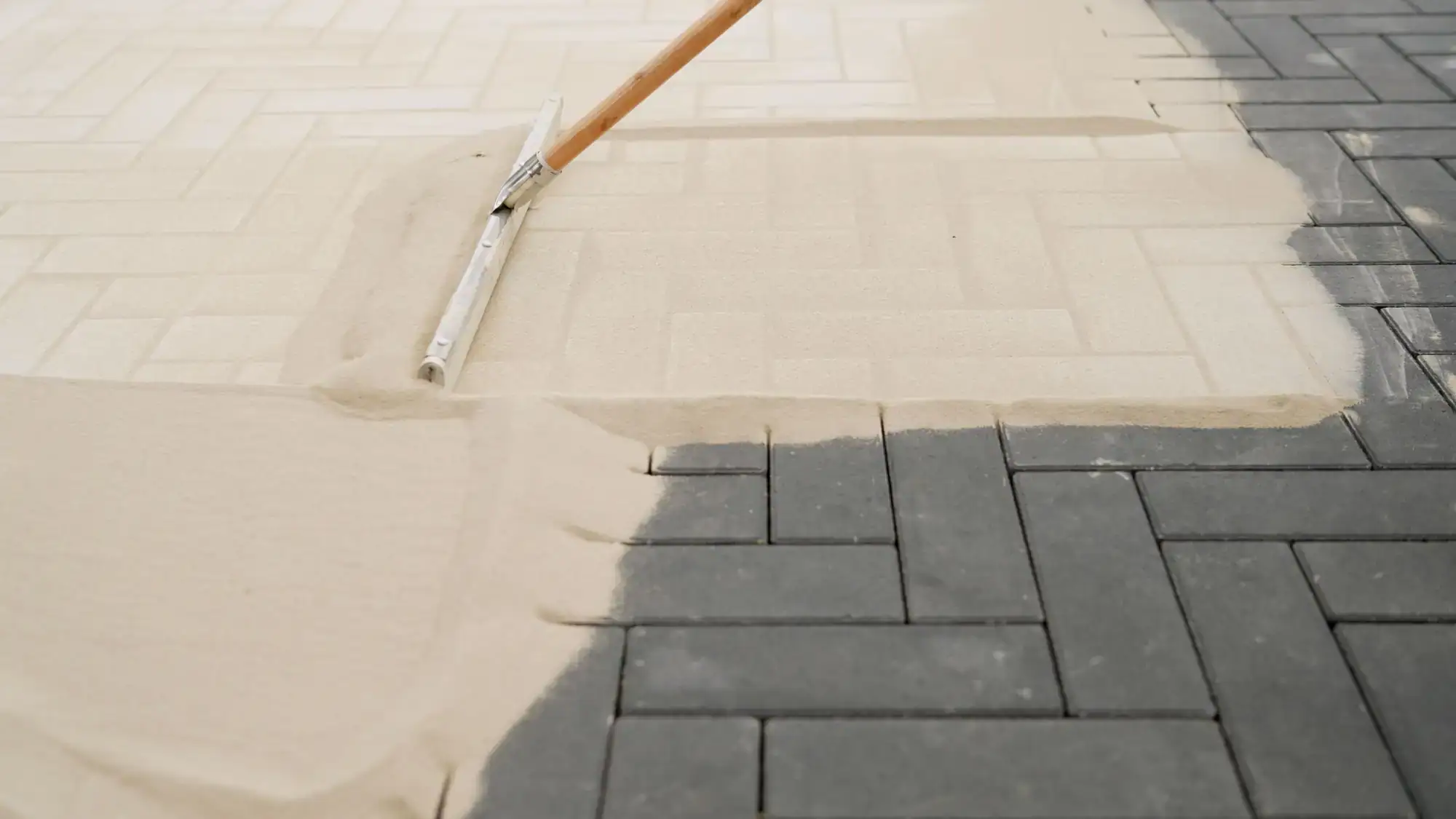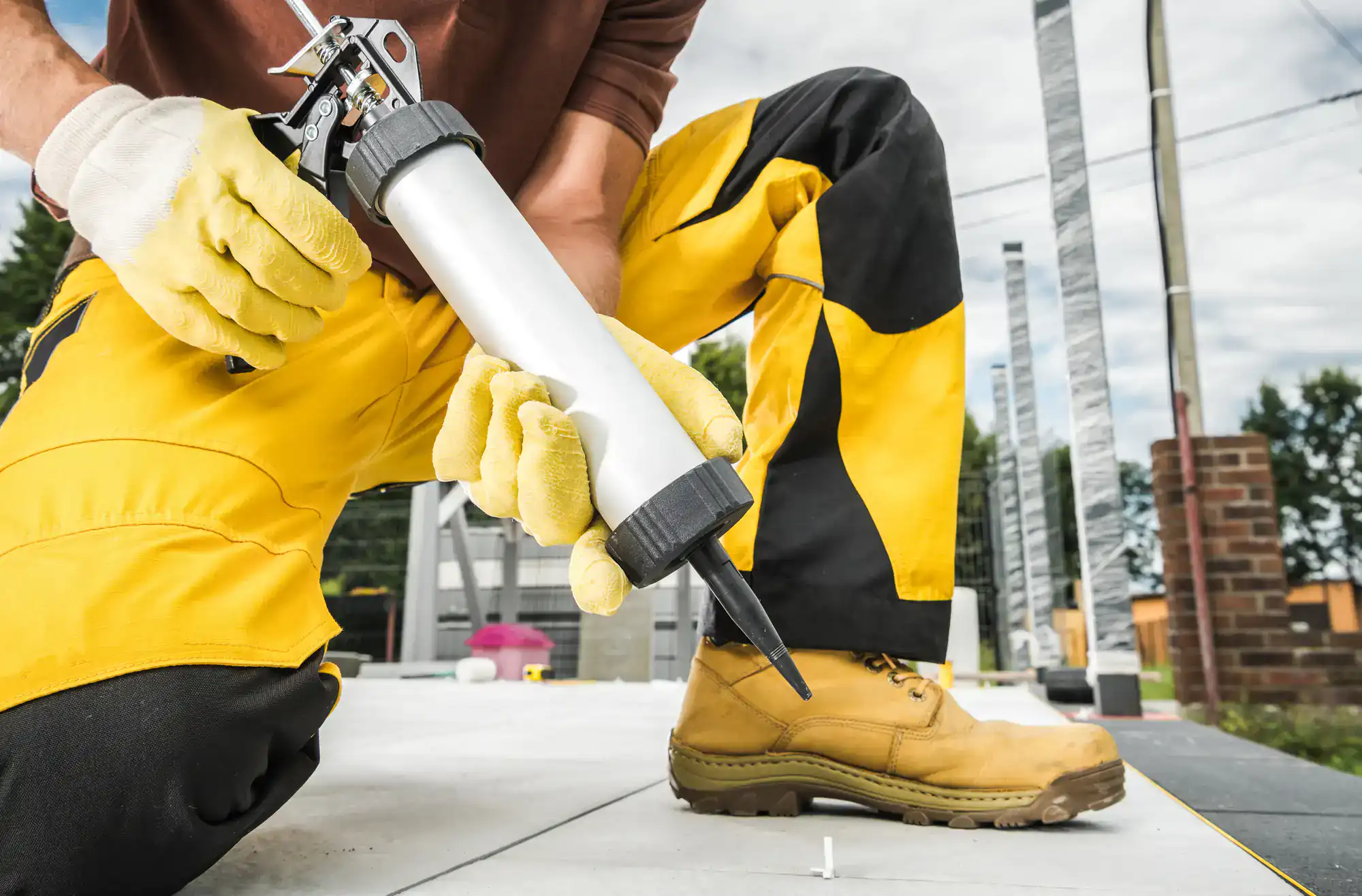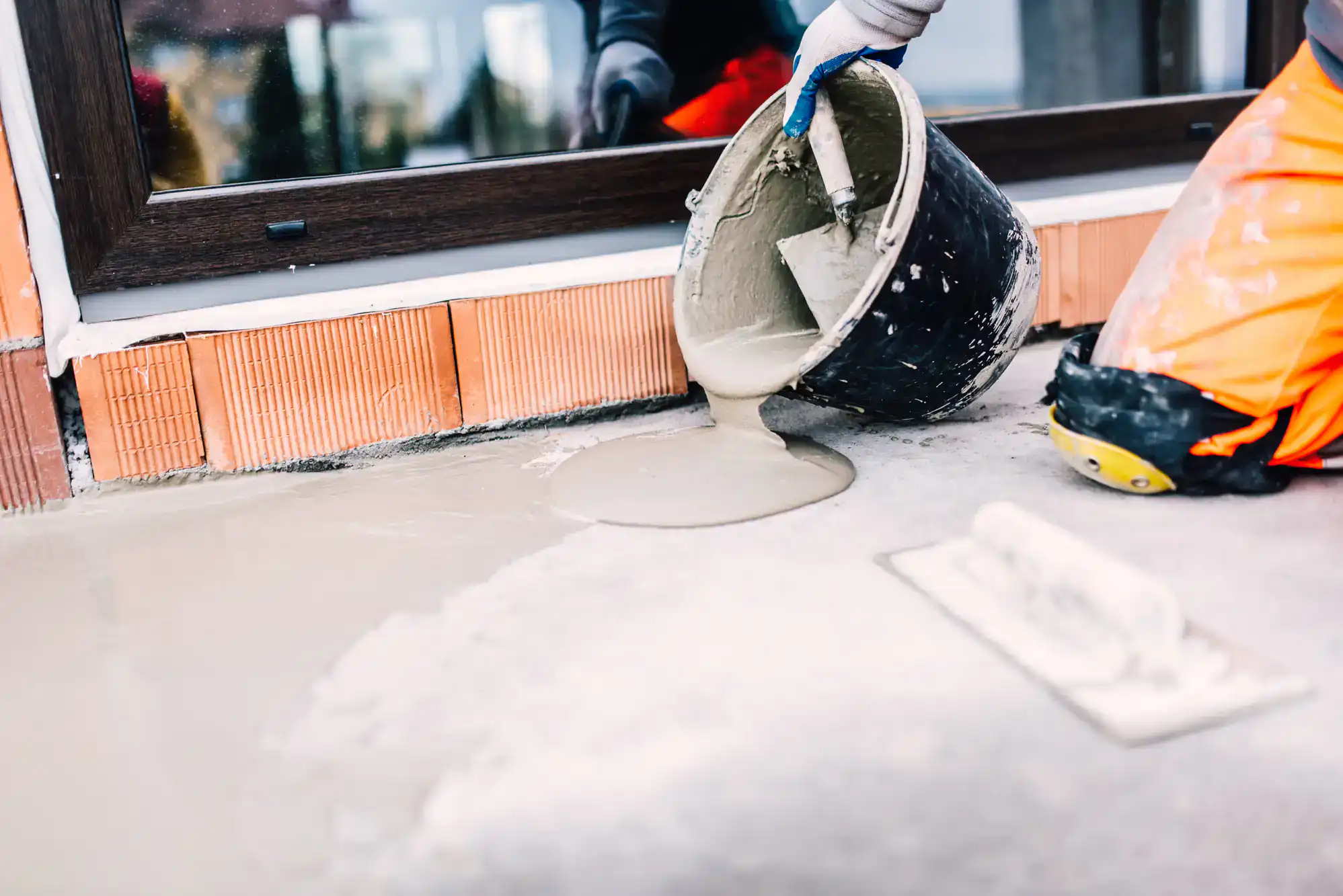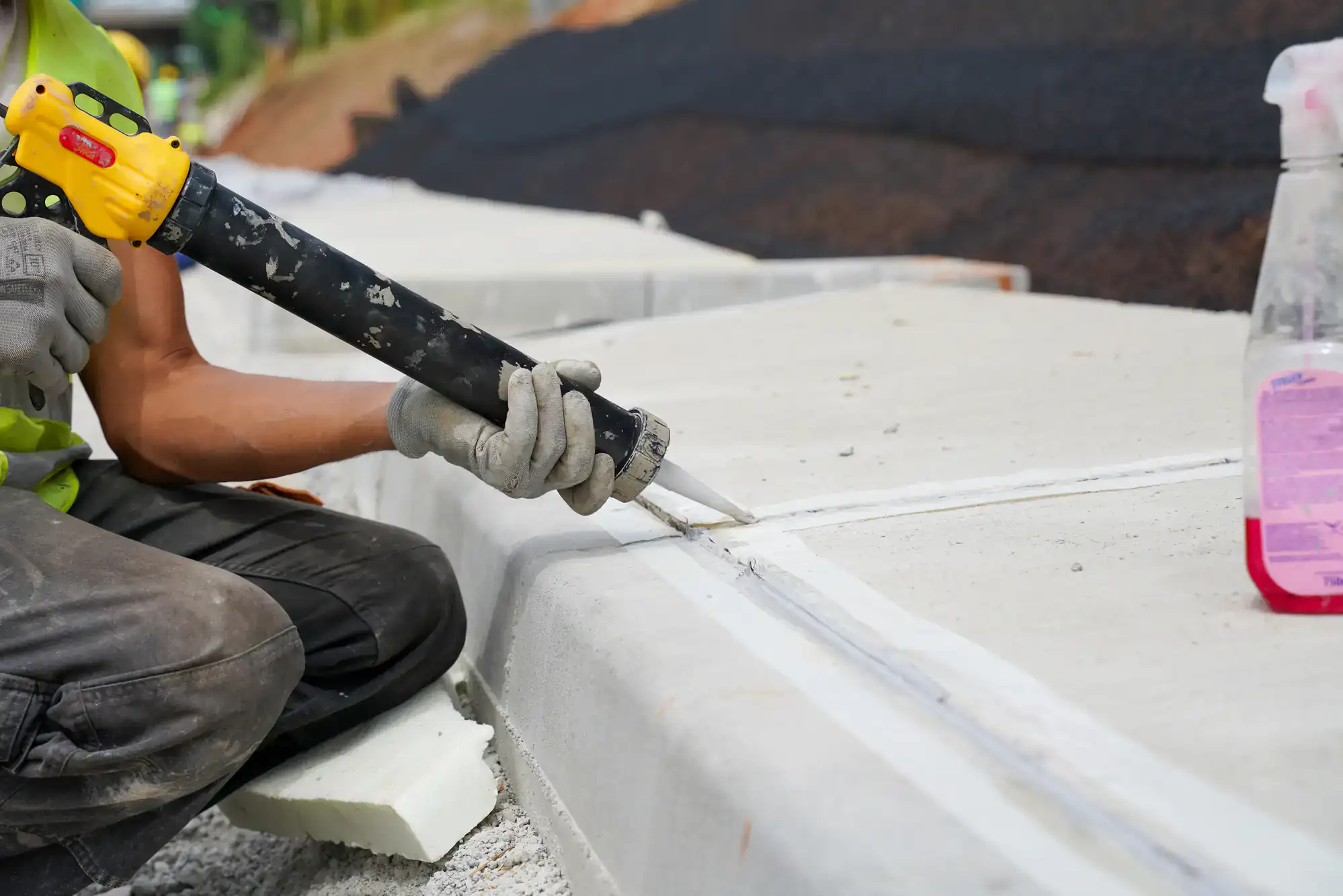Concrete Sealing in South Palm Beach, FL
Floors That Actually Last in Florida

Hear from Our Customers

Commercial Flooring Contractor South Palm Beach
Your concrete stops absorbing every spill, stain, and drop of moisture that hits it. No more permanent discoloration from oil leaks or chemical spills that make your space look run-down.
The surface becomes genuinely easy to clean. A quick mop handles what used to require scrubbing and still never came clean. Your floors actually reflect light instead of absorbing it, making the entire space brighter and more professional.
You stop worrying about cracks spreading or chunks breaking off. The sealed surface distributes weight evenly and flexes with temperature changes instead of fighting them. That means fewer repair calls and no more explaining to customers why your floors look worn out.
SPF Industrial South Palm Beach
We’ve been sealing concrete floors in South Palm Beach for years, which means we’ve seen every way Florida’s climate tries to destroy your floors. The humidity, the temperature swings, the sudden downpours that find every weakness in your concrete.
We’re not the cheapest option, and that’s intentional. You’re paying for materials that actually work in this climate and application techniques that prevent the callbacks other contractors deal with constantly.
Most of our work comes from referrals because property owners talk when they find a contractor who shows up on time, does the work right, and doesn’t disappear when there’s an issue.

Concrete Sealing Process Florida
First, we assess your concrete’s current condition and any moisture issues. This isn’t a quick glance – we’re looking for hairline cracks, areas where water pools, and spots where previous coatings failed. We test the concrete’s porosity because different areas absorb sealers differently.
Next comes surface preparation, which determines whether your sealing job lasts two years or twenty. We grind down high spots, fill cracks properly, and clean every trace of oil, dirt, and old coatings. Most concrete sealing failures happen because someone skipped this step.
Then we apply the sealer in multiple coats, timing each application based on temperature and humidity levels. In South Palm Beach’s climate, rushing this process creates problems later. We let each coat cure completely before adding the next one.
The final step is a protective topcoat that gives you the slip resistance and chemical protection your space needs. We test the cure before calling the job complete.

Ready to get started?
Moisture Control Flooring Solutions
You get a complete moisture barrier that stops water vapor from coming up through your concrete. In South Palm Beach, ground moisture is constant, and unsealed concrete acts like a sponge that never stops absorbing. Our sealing system creates a vapor barrier that keeps humidity where it belongs.
The chemical resistance protects against automotive fluids, cleaning chemicals, and industrial spills. Your sealed floor won’t stain from oil changes, hydraulic leaks, or the harsh cleaners you need for commercial spaces. Spills stay on the surface where you can clean them up instead of soaking in permanently.
You also get slip resistance built into the topcoat. We adjust the texture based on your space – smooth enough for easy cleaning but textured enough for safety when wet. This matters in Florida where humidity makes everything slippery.
The system includes expansion joint sealing to prevent water intrusion and crack propagation. These joints are where most concrete problems start, especially with Florida’s temperature swings.

How long does concrete sealing last in South Palm Beach’s climate?
A properly applied concrete sealer lasts 8-12 years in South Palm Beach’s humid climate, assuming normal wear and proper maintenance. The key factors are surface preparation quality and using sealers designed for high-humidity environments.
Florida’s constant moisture and temperature changes are harder on sealers than dry climates, but quality materials and proper application techniques compensate for this. We see poorly applied sealers fail within 2-3 years, usually because the contractor rushed the surface prep or used interior-grade products outdoors.
Regular cleaning and avoiding harsh chemicals extend sealer life significantly. Most of our sealed floors still look good after 10 years with basic maintenance.
What’s the difference between sealing and epoxy coating for concrete floors?
Concrete sealing penetrates into the concrete pores to create a barrier from within, while epoxy coating sits on top of the concrete surface like a thick paint layer. Sealers are typically thinner and maintain the concrete’s natural texture and appearance.
Epoxy coatings provide more chemical resistance and durability for high-traffic commercial areas, but they’re more expensive and require more surface preparation. Sealers are better for basic moisture protection and stain resistance in residential garages or light commercial spaces.
In South Palm Beach’s climate, both options work well when applied correctly. The choice depends on your budget, the level of protection needed, and whether you want to change your floor’s appearance or keep it looking natural.
Can you seal concrete that already has stains or damage?
Yes, but the existing stains and damage need to be addressed first for the sealing to be effective. Surface stains can usually be removed with grinding or chemical treatments before sealing. Deep stains that have penetrated the concrete may be permanent but can be sealed over to prevent new staining.
Cracks must be properly filled and leveled before sealing. Small hairline cracks can be sealed directly, but larger cracks need crack injection or patching compounds. Sealing over damaged concrete without repairs just highlights the problems and leads to sealer failure.
We assess each floor individually because the repair approach depends on the type of damage, its severity, and your budget. Sometimes minor imperfections add character to sealed concrete floors, but structural issues always need fixing first.
How soon can I use my floors after concrete sealing?
Light foot traffic is typically allowed after 24 hours, but full curing takes 3-7 days depending on the sealer type and South Palm Beach’s humidity levels. Vehicle traffic and heavy equipment should wait until the sealer is fully cured to avoid permanent marks or damage.
Temperature and humidity affect curing times significantly. During Florida’s rainy season or particularly humid periods, we may recommend longer cure times to ensure proper hardness and chemical resistance. Rushing this process leads to soft spots and premature wear.
We provide specific timing guidelines for your project based on the sealer used, weather conditions, and your intended use. Most commercial clients can resume normal operations within 48-72 hours with some restrictions on heavy equipment placement.
What maintenance does sealed concrete require in Florida’s humid climate?
Sealed concrete requires regular cleaning with pH-neutral cleaners and periodic reapplication of topcoat sealers every 3-5 years depending on traffic levels. Florida’s humidity means more frequent cleaning to prevent mold and mildew growth on the surface.
Avoid using harsh chemicals, degreasers, or acidic cleaners that can break down the sealer over time. Simple soap and water or specialized concrete cleaners maintain the protective barrier without causing damage. Power washing is fine but avoid high-pressure settings that can damage the sealer.
Inspect your sealed floors annually for areas where the sealer may be wearing thin, especially in high-traffic zones. Early recoating of these areas prevents moisture intrusion and extends the overall system life significantly.
Is concrete sealing worth the cost compared to leaving floors untreated?
Concrete sealing typically pays for itself within 3-5 years through reduced cleaning costs, eliminated stain removal expenses, and prevented concrete replacement needs. Unsealed concrete in South Palm Beach absorbs moisture constantly, leading to cracking, spalling, and permanent staining that require expensive repairs.
The cost of replacing damaged concrete floors is typically 5-10 times higher than sealing them properly from the start. Factor in business disruption from major floor repairs, and the economics become even more favorable for sealing.
Sealed floors also improve property values and professional appearance, which matters for commercial properties where first impressions affect business. The investment in quality concrete sealing is minimal compared to the long-term protection and enhanced appearance it provides.
Other Services we provide in South Palm Beach





